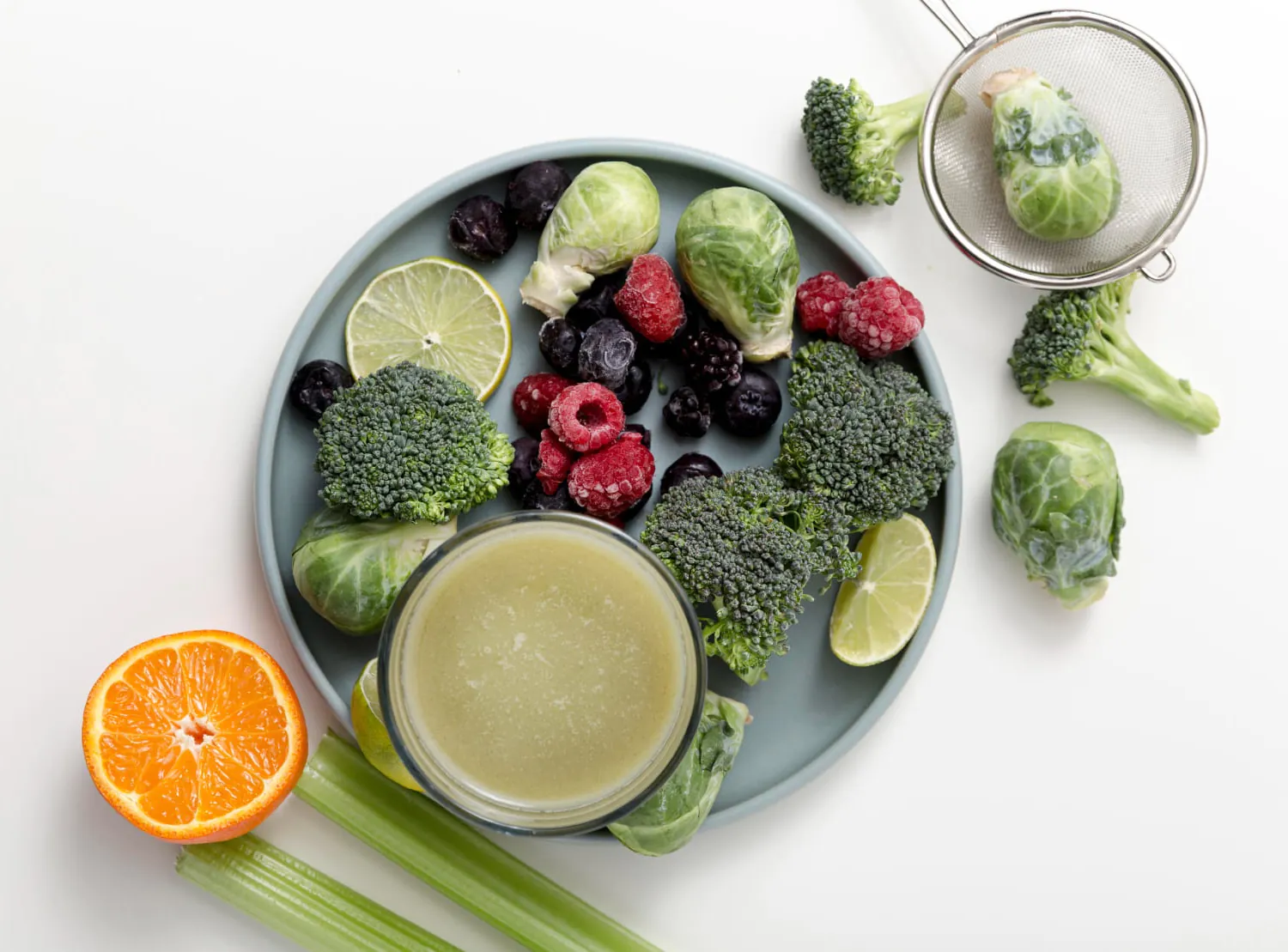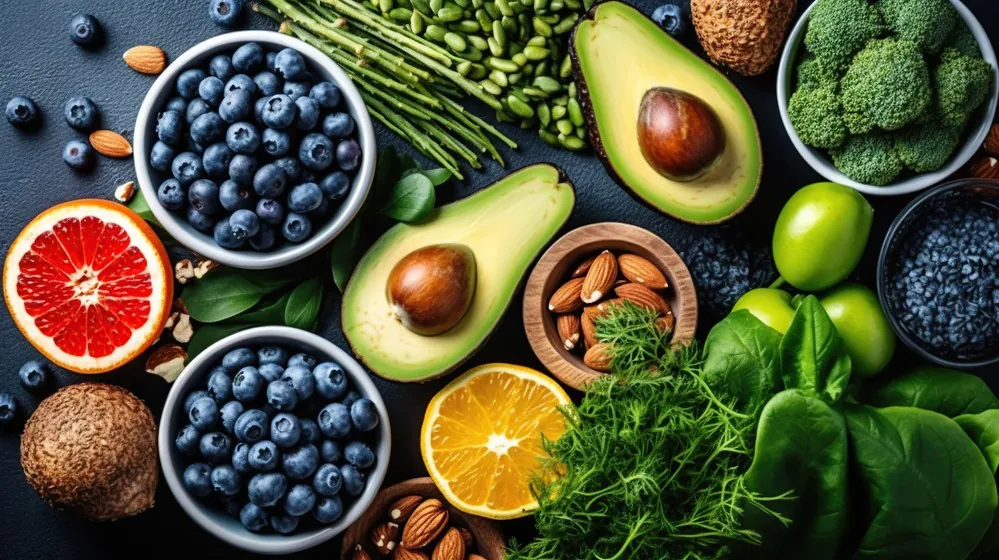
Antioxidants are substances that protect the health of our body and fight against the damage of free radicals. So,
What is an Antioxidant?
Antioxidants are compounds in our body that neutralize harmful molecules called free radicals. Free radicals can be formed by factors such as smoking, air pollution, stress, and can damage cells by causing oxidative stress. This damage can cause many diseases such as the aging process, cancer and heart diseases. Antioxidants help maintain cell health by reducing these harmful effects.
What Are the Types of Antioxidants?
We can basically divide antioxidants into two categories:
- Endogenous Antioxidants: They are antioxidants that the body produces itself. Molecules such as glutathione and catalase fall into this group.
- Exogenous Antioxidants: They are antioxidants that we take with food. Vitamin C, Vitamin E, and beta-carotene are examples of this category. Antioxidant vitamins have an important place in our diet.
Some of the most powerful antioxidants in nature are bioactive compounds such as flavonoids, polyphenols, and carotenoids.
Why Are Antioxidants Important?
The main task of antioxidants is to reduce oxidative stress in our body. Oxidative stress weakens the immune system, causing cell damage and can be counted among the causes of many diseases. Therefore, antioxidants not only protect cells, but also offer anti-aging effects and play a role in preventing chronic diseases. What does antioxidant mean? This is exactly the answer to the question: antioxidants are a protective shield for the body.
What Are the Foods Containing Antioxidants?
Foods containing antioxidants should be an integral part of the nutrition plan to lead a healthy life. Here are some of the richest sources of antioxidants in nature:
- Fruits
- Vegetables
- Nuts and seeds
- Spices and Herbs
Fruits: Fruits such as blueberries, raspberries, strawberries, and pomegranates contain antioxidant polyphenols and vitamins. In addition to supporting the immune system, these fruits offer protective effects on skin health. Pomegranate is a fruit that supports heart health with punicalgin, a polyphenolic compound naturally found in its content and peel.

What Are the Benefits of Foods Containing Antioxidants?
The benefits offered by antioxidants are not limited to cell protection. Benefits of foods containing antioxidants:
- Strengthens the Immune System
- Protects Cardiovascular Health
- Helps Prevent Cancer
- Supports Skin Health
Strengthens the immune system: It increases resistance to infections by providing protection against oxidative stress. This effect helps prevent diseases, especially during the winter months. Antioxidants can reduce common illnesses like the flu and the common cold.
Are Antioxidant Supplements Necessary?
Many people may choose to use supplements, thinking that they are not getting enough antioxidants through the diet. However, experts state that a balanced nutrition program usually meets the need. Antioxidant supplementation may be beneficial in some cases, but it should not be used without a doctor’s supervision. Especially for those who exercise intensely or have chronic diseases, supplements may provide more benefits. However, it is very important to determine the right variety and dose.
Things to Consider When Using Antioxidant Supplements
- Avoid Overdose: Excessive consumption of antioxidants can inhibit the beneficial effects of free radicals. For example, excessive intake of vitamin C can lead to stomach problems.
- Doctor’s Advice: If you have a chronic disease, be sure to consult your doctor before using supplements. Determining the correct dosage prevents possible side effects.
- Quality Brands: Attention should be paid to the ingredient quality of the supplements available in the market. Preference should be given to supplements obtained from natural sources.
Are There Any Harms of Excessive Consumption of Antioxidants?
Just as too much of everything can be harmful, excessive consumption of antioxidants can lead to negative consequences. High doses of antioxidants can interfere with the normal functions of free radicals in the body, and this is called the “antioxidant paradox.” For example, excessive intake of vitamin E can increase the risk of bleeding and adversely affect blood clotting. Likewise, an excess of vitamin A can have a toxic effect. We can answer the question “




